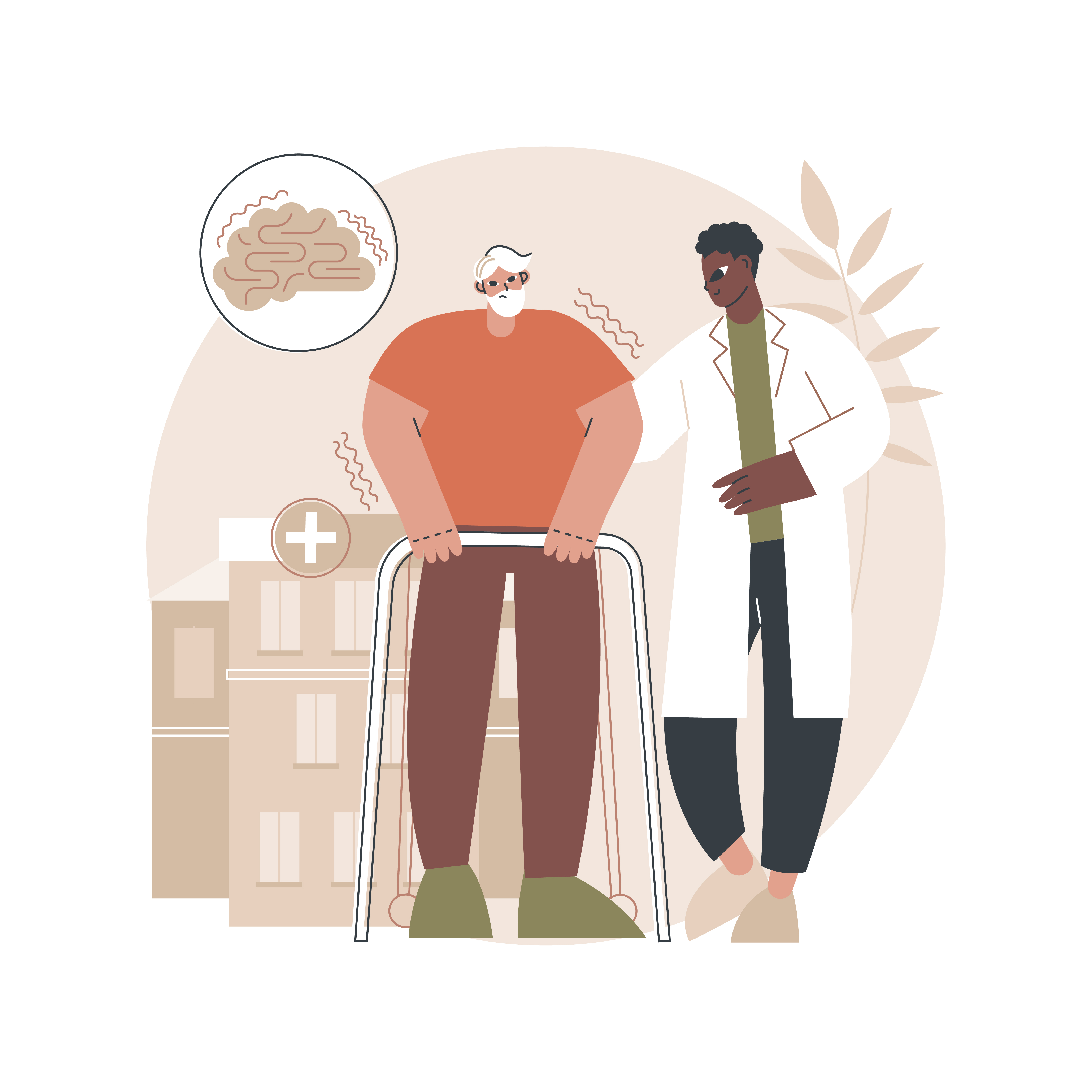
Hormones and Living with Osteogenesis Imperfecta: Coping and Support
Living with Osteogenesis Imperfecta (OI), also known as brittle bone disease, comes with its unique challenges. Alongside genetic factors, hormones play a crucial role in managing this condition. Let’s explore how hormones affect life with OI and strategies for coping and finding support.
- Understanding Hormonal Imbalances: Hormones regulate various bodily functions, including bone health. In OI, hormonal imbalances can exacerbate symptoms like fragile bones and frequent fractures. It’s essential to work closely with healthcare providers to monitor and address these imbalances.
- Maintaining Bone Health: Hormones like calcium, vitamin D, and growth hormones are vital for bone strength and growth. Ensuring adequate levels of these hormones through diet, supplements, and medication can help mitigate the effects of OI and reduce fracture risk.
- Coping Strategies: Living with OI requires resilience and adaptive strategies. Simple adjustments like using assistive devices, practicing safe movement techniques, and modifying the home environment can enhance safety and independence.
- Seeking Support: Dealing with a chronic condition like OI can be emotionally challenging. Seeking support from family, friends, support groups, or mental health professionals can provide valuable emotional support and coping strategies.
- Advocacy and Education: Educating oneself and others about OI can empower individuals to advocate for their needs and raise awareness about the condition. Joining advocacy groups or participating in community events can also provide a sense of belonging and purpose.
- Regular Healthcare Monitoring: Routine check-ups and monitoring hormone levels are essential for managing OI effectively. Regular communication with healthcare providers ensures timely interventions and adjustments to treatment plans as needed.
Living with Osteogenesis Imperfecta presents unique challenges, but with the right support and coping strategies, individuals can lead fulfilling lives. By understanding the role of hormones in managing OI and seeking support from healthcare providers and the community, those affected by this condition can thrive despite its challenges.
To seek medical advice, always consult a Doctor. Here are our recommended experts. Click Here
To read more on Brittle Bone Disease Or Osteogenesis Imperfecta. Click Here
Recent Posts
Dr. Karan0 Comments
Preventing Gum Disease: Key Habits and Dental Check-ups
Dr. Karan0 Comments
Recognizing the Signs and Symptoms of Gum Disease:
Tags
arthritis
Blood tests
causes
Children
complications
coping strategies
diabetes
diagnosis
diet
eczema
exercise
Healthy Lifestyle
Heart Disease
heart health
High blood pressure
hormonal imbalances
Hormones
hydration
india
Indian patients
inflammation
lifestyle changes
management
medication
Medications
mental health
Nutrition
pain management
Peripheral Vascular Disease
physical therapy
pregnancy
prevention
risk factors
signs
skincare
skin condition
stress management
stroke
support
surgery
symptoms
transmission
treatment
treatment options
Women's Health


